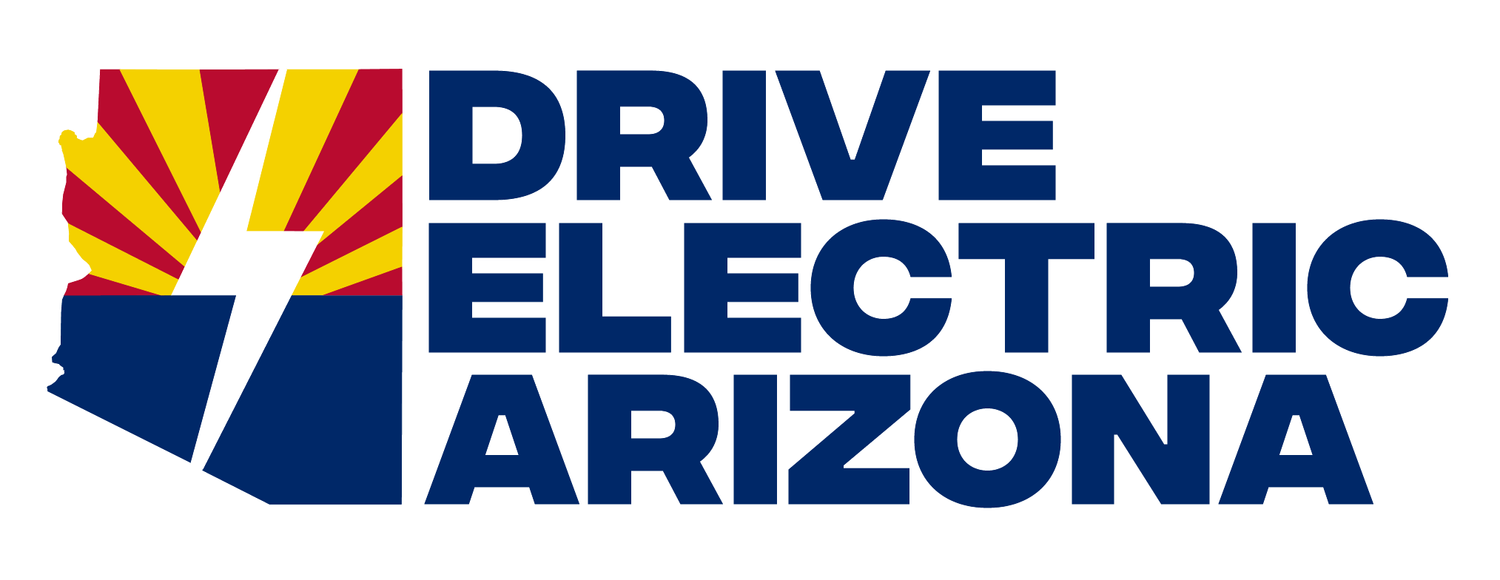Minimal Maintenance: Less Hassle, More Savings
Electric Vehicles Are Built to Last — Without the Upkeep
Owning an electric vehicle (EV) means saying goodbye to oil changes, transmission issues, and many of the costly repairs associated with gas-powered cars. Thanks to fewer moving parts and smart systems like regenerative braking, EV's require less maintenance — and cost far less to keep running overtime.
No More Oil Changes (Ever)
EV's don't have internal combustion engines so they don't need:
Oil changes
Spark plugs
Timing belts
Exhaust system repairs
That's hundreds of dollars saved — and hours of your life back — every year.
Never needed with EVs
Oil change
Emissions check
Muffler
Tune-ups
Spark plug replacements
Catalytic converter maintenance
Fuel system maintenance
Fewer Moving Parts = Fewer Things to Break
A typical gas car has over 2000 moving parts in its drivetrain.
An EV? Around 20.
That means:
No engine problems
No fuel system failures
No transmission replacements
Fewer breakdowns, fewer trips to the mechanic
EVs have 90% fewer mechanical components that wear out compared to gas vehicles.
Regenerative Braking = Less Brake Wear
Electric vehicles use regenerative braking, a system that recaptures energy when you slow down and sends it back to the battery.
This not only boosts efficiency — it also:
Dramatically reduces brake pad wear
Extends brake life by 2 - 3 times compared to gas cars
Lowers long- term maintenance costs
Save Thousands Over the Life of Your EV
A recent Consumer Reports study found that EV owners can save $4,600 to $6,000 over the life of their vehicle in maintenance and repairs alone.
Simple, Predictable Maintenance
What EVs do need:
Tire Rotation
Cabin air filter replacement
Occasional battery coolant check
And that’s about it.
Summary: Minimal Maintenance = Maximum Peace of Mind
No oil changes
Far fewer parts to wear out
Less brake wear thanks to regenerative braking
Save thousands in service and repair costs
Ready to drive smarter? [ Learn more about owning an EV]
